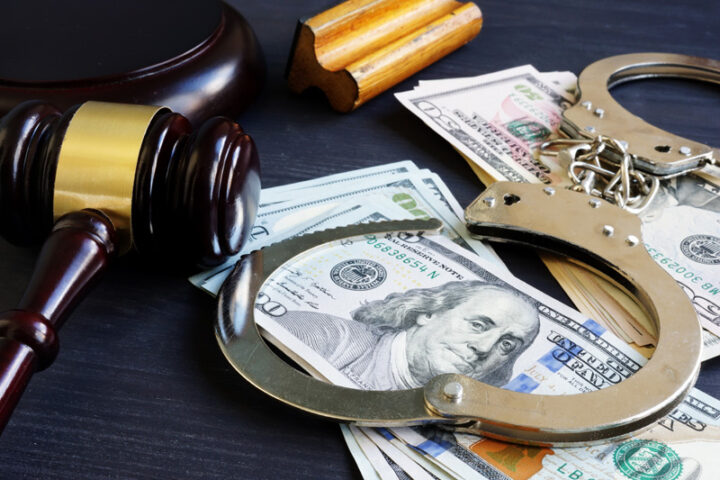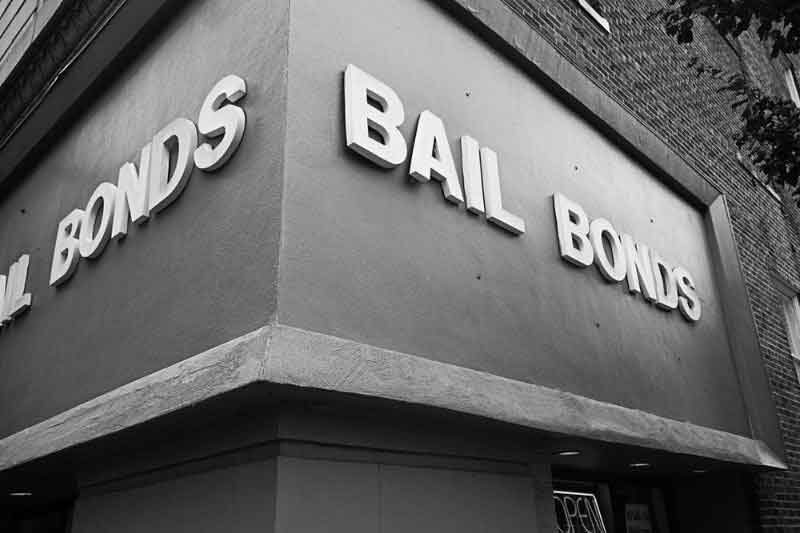Navigating the complexities of bail bonds in North Carolina can be daunting for those facing criminal charges. Understanding your options for reducing bail can be crucial in securing your release while awaiting trial. This process often involves filing a motion to modify your bond, which can either be granted through the consent of both the judge and the prosecutor or through a court hearing. Such strategic moves not only require a solid understanding of the legal system but also the guidance of experienced legal counsel to navigate these waters effectively.
At King Law, our dedicated team of criminal defense attorneys is committed to guiding individuals through the legal complexities they face, including the daunting process of dealing with bail bonds. With a deep understanding of the local legal system and a commitment to advocating for our clients, King Law aims to provide comprehensive legal support and guidance. This includes assisting those charged with criminal offenses in navigating their options for reducing bail bonds, ensuring that clients are well-informed and supported.

What Does a Bail Bond Do?
Setting a bail bond is a way for the court to ensure that a person obligated to appear in court will do so. It also is supposed to protect the public from potentially dangerous defendants. In practice, it is sometimes a spur-of-the-moment decision, and it can be heavily influenced by the perception of a particular defendant.
How Is a Bail Amount Chosen?
The seriousness of the crime, prior criminal record, employment, family circumstances, and living situation can all play a role in making a bail bond decision.
When representing yourself, the way you articulate your situation can be crucial in determining whether or not you await trial behind bars.
What Is a Bail Bond?
When facing a bond hearing, it is important to understand what a bail bond is. A bail bond is essentially a legal contract that releases an individual from custody.
Bail is the security that is given to the State in order for you to be released from jail. Bond is a legally binding obligation on the person posting bail to return for their scheduled court appearance.
What Is a Secured Bond vs. Unsecured Bond?
A secured bond requires that you or someone on behalf of you put up something of value to assure an appearance in court. Often, this amount is higher than the amount of money you have available to you.
Ideally, you would like to receive an unsecured bond or written promise to appear, which does not require payment for you to be released from jail. The factors that help the court determine whether or not you are a danger or flight risk, along with your ability to explain the application of these factors to yourself, will decide whether or not you receive an unsecured or lower bond.
Can You Adjust Your Bond Amount?
After a bail bond amount is set, you can ask the court to adjust your bail. This is done through a motion to modify bond.
After filing, the motion can be granted in one of two ways: (1) by consent of the judge and the prosecutor, or (2) by a hearing in front of a judge, opposed by the prosecutor. You do not want to file a motion to modify in every situation.
Should You Always Make a Bond Reduction Motion?
If a prosecutor feels that the bond is already set properly, the hassle of arguing against the motion or having a bond hearing could lead to the prosecutor asking for an increase in bail. For this reason, it is important to talk with someone if you think your bail is improper before requesting a bond hearing.
A lawyer can inform you of the right circumstances to file a motion to modify.

Should You Have a Criminal Defense Attorney Help Reduce Your Bail Bond?
At either the bail bond hearing or on a motion to modify bail, it can be important to have a lawyer who understands what needs to be said and can aggressively fight to limit or reduce your bail bond.
Understanding the bail process can be challenging at times, and reaching out to a lawyer can often help to increase your understanding and ease your concerns. We at King Law have several attorneys to assist you with this matter. Give us a call today for a consultation on your particular circumstance.
Need Help Reducing Your Bail Bond? Get a Bond Reduction With Support From King Law
Facing a criminal charge in North Carolina can be a life-altering experience, and the immediate concern for many is securing release through bail. Understanding your options for reducing your bail bond is not only crucial but can significantly ease the burden during this stressful time. At King Law, an experienced criminal defense attorney can aid you in navigating the complexities of the North Carolina legal system, ensuring that you receive comprehensive support and the best possible advice on reducing your bail bond.
Whether it’s negotiating with the prosecution or presenting a strong case for a bond reduction in court, our lawyers are committed to advocating on your behalf. Don’t let the weight of a criminal charge overwhelm you. Contact King Law today to discuss your case with a lawyer and explore your options for bail bond reduction. Please call (888) 748-5464 or (888) 748-KING, or complete our contact form to retain our support. Remember, at King Law, we’re not just your attorneys; we’re your allies in navigating the legal system.


